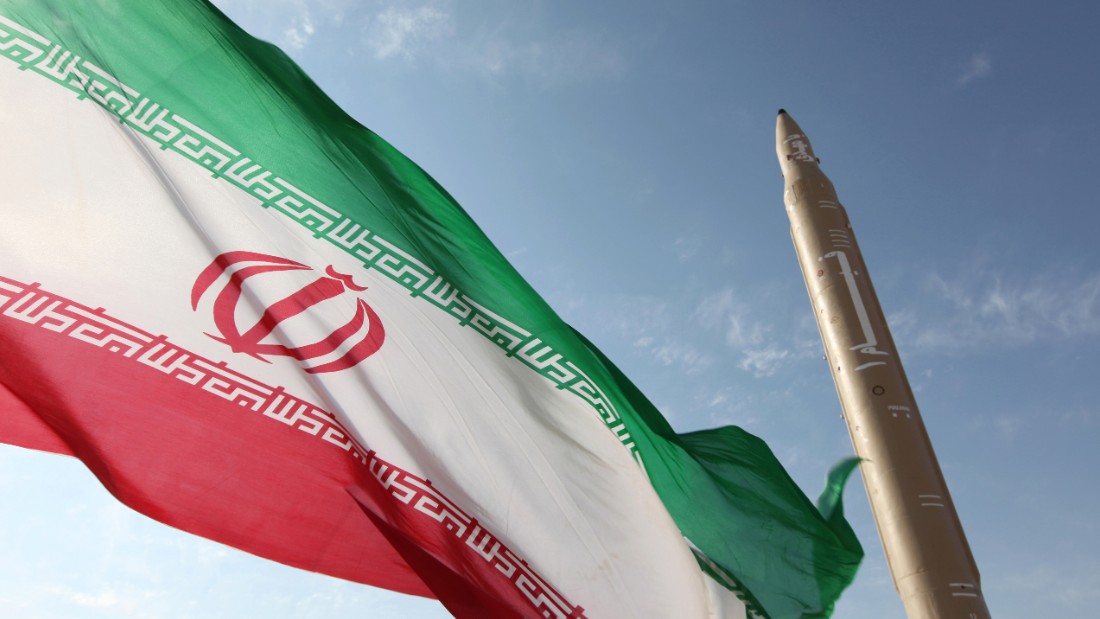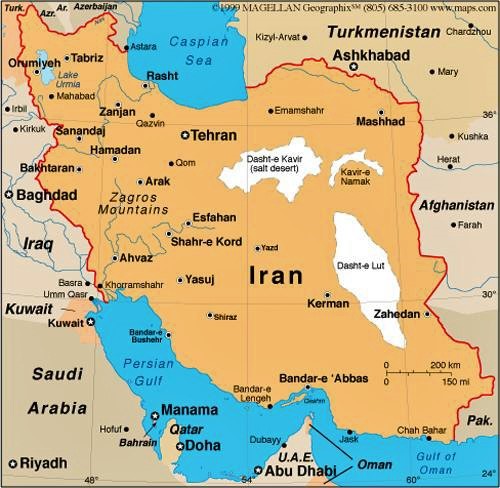Trump extends Iran’s nuclear deal
January 13, 2018 | Expert Insights

US President Donald Trump has announced that he will be temporarily extending waiver of sanctions on Iran until Europe and the US can fix the nuclear deal.
He said that this was the “last chance” to address the “terrible flaws” in the deal.
Background
Iran’s nuclear program has been a concern for the international community for decades. Despite the fact, the nation ratified the Non-Proliferation Treaty in 1970, an investigation by the IAEA revealed that Iran had not declared a number of its nuclear activities to the group.
Thus, the nation was subjected to multiple harsh sanctions from the international community. This has cost the nation billions of dollars (estimated $100 billion in oil revenues alone till 2015). It has also lost out on foreign direct investment. In 2015, the nation agreed to significantly scale back on its nuclear program in a deal with P5+1 at the UN. In turn, the UN nations agreed to lift many of the harsh sanctions on the region. After the International Atomic Energy Agency (IAEA) declared that Iran had complied with the terms set in the provisional agreement, in 2016, the sanctions were officially lifted. Iran’s current nuclear program is now periodically checked and reviewed by the IAEA.
On October 2017, US President Donald Trump refused to certify Iran's compliance with a landmark 2015 deal curtailing Tehran's nuclear programme in exchange for sanctions relief. During a speech at the White House he said, “We cannot and will not certify make this certification. We will not continue down the path whose predictable conclusion is more violence, more terror and the very real threat of Iran's nuclear breakout. That is why I am directing my administration to work closely with Congress and our allies to address the deal's many flaws so that the Iranian regime can never threaten the world with nuclear weapons.”

Analysis
Even though Trump notified the US Congress that he chose to decertify the nuclear deal, his move did not immediately pull the US out of the deal. It left the decision up to the Republican-controlled US Congress. Legislators had a non-binding 60-day period to debate the accord and decide whether to re-impose sanctions.
The European Union has come strongly in favor of the nuclear deal. In July 2017, EU’s foreign policy chief Federica Mogherini said that the EU has a responsibility to ensure the deal is implemented. She said, “The nuclear deal doesn’t belong to one country, it belongs to the international community. We have the responsibility to make sure that this continues to be implemented.” The French government has also spoken strongly in favor of the deal repeatedly. The IAEA has also noted that Iran was in complete compliance of the deal.
On January 2018, US President Donald Trump announced that he will be temporarily extending waiver of sanctions on Iran until Europe and the US can fix the nuclear deal. "This is a last chance," the US president said in a statement on Friday. "In the absence of such an agreement, the United States will not again waive sanctions in order to stay in the Iran nuclear deal. And if at any time I judge that such an agreement is not within reach, I will withdraw from the deal immediately."
In December 2017, Mohammad Javad Zarif, Minister of Foreign Affairs, Iran spoke about the deal and through veiled comments criticized the US President. He said that the “beauty” of the deal was in the fact, it was a result of compromise made by all parties. He stated, “The nuclear deal was achieved that all of us understood that we could not have everything we want. I can tell you for sure that this deal is not what I want. And I can tell you for sure that this deal is not what John Kelly wants. Nor is it what other participants wanted. And that’s the beauty of the deal because it’s not what we wanted. It’s what we could achieve.” In January 2018, he met with his French and German counterparts in Brussels to discuss the nuclear deal.
Senior Trump administration officials briefed reporters and stated that the US president will work with European partners to broker an agreement limiting Iran's ballistic missiles activities.
Assessment
Our assessment is that it is unlikely any new deal can be achieved in the next 120 days that the US President has allotted for it. Additionally, Iran will not be willing to agree to any new terms as United States has explicitly noted that new negotiations will only take place between Washington and its European allies.








Comments